Postdoctoral Researcher Position in Adaptive Catalysis
Applications must be submitted via: https://emploi.cnrs.fr/Offres/CDD/UMR7053-CHRWER-001/Default.aspx
This position is dedicated to advancing efficient and sustainable methodologies for the formation of C-N and C-O bonds—key pillars of modern synthetic chemistry. Leveraging the transformative potential of transition-metal catalysis, the project aims to develop adaptive catalytic systems that dynamically adjust their reactivity and selectivity to changing reaction conditions. These systems will enable the discovery of novel reaction pathways, improve control over chemical bond activation, and enhance atom economy to address pressing environmental challenges. The successful candidate will focus on designing and synthesizing transition-metal-based catalysts, incorporating light as a promoter to enable divergent reaction pathways. The research will explore the controlled activation of small molecules and facilitate atom/group transfer processes, ultimately creating unique compounds with high-value applications.
Key Objectives :
1. Catalyst Development:
o Design and synthesize molecular catalysts for adaptive C–H functionalization.
2. Reaction Pathway Exploration:o Investigate non-directed C–H activation mechanisms using photochemical techniques.
o Explore catalytic systems that dynamically modulate reaction networks.
3. Mechanistic Insights:
o Study the interplay between reaction conditions (e.g., solvent, temperature, pressure) and catalyst behavior to optimize selective bond activation pathways.
o Combine experimental and computational methods to understand adaptive catalyst properties.
4. Advanced Catalyst Design:
o Synthesize transition-metal complexes with secondary coordination spheres, leveraging Lewis acid-base interactions to dynamically fine-tune reactivity and selectivity.
Educational Background
• Ph.D. in Synthetic Molecular Chemistry, Organometallic Chemistry, or a related field.
Technical Skills
• Proficiency in organometallic synthesis and ligand design.
• Experience working with air-sensitive and thermally labile compounds.
• Expertise in spectroscopic and structural characterization techniques (NMR, X-ray
crystallography, UV-vis, mass spectrometry).
• Knowledge of photochemistry, electrochemical methods, and gas chromatography (GCMS) is an advantage.
Language Skills
• Excellent command of written and spoken English.
Personal Attributes
• Self-motivated and independent, with a creative problem-solving approach.
• Strong interpersonal and collaborative skills.
• Proven track record of publications in high-impact journals.
C–H activation, Adaptive catalysis, Transition-metal complexes, Photochemistry, Sustainable bond formation




